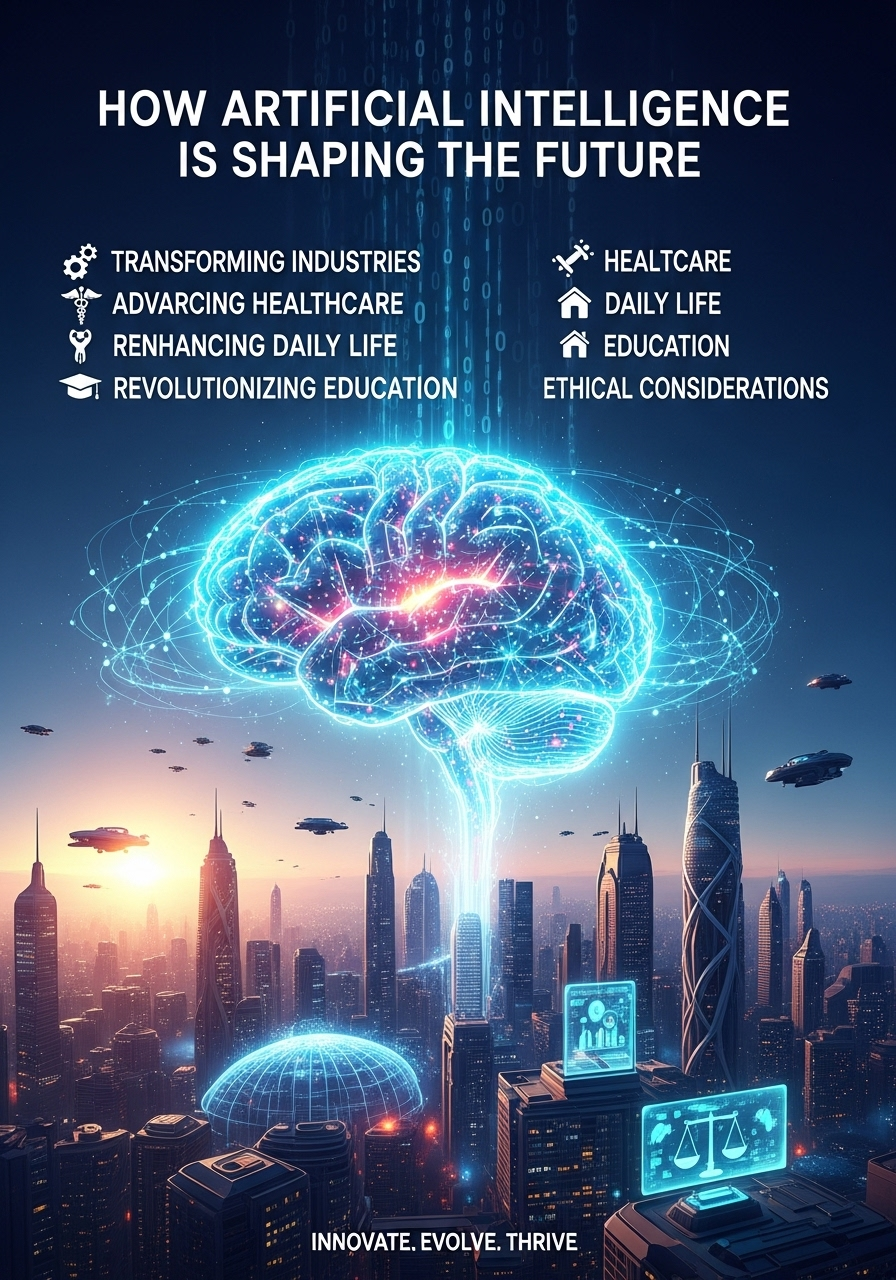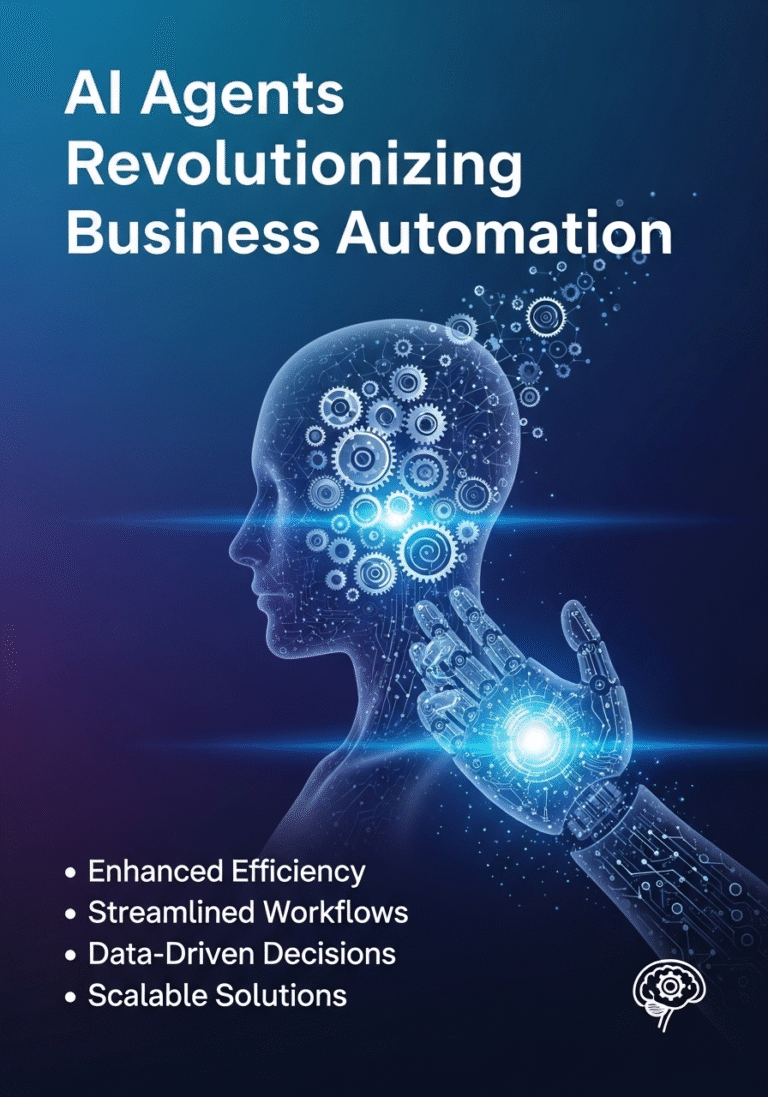AI News 2025: How Artificial Intelligence Is Shaping the Future
Source Credit: ChatGPT. Image credit: Google AI Studio
Introduction
Artificial Intelligence (AI) is no longer an emerging technology — it’s the foundation of innovation across every industry. From smarter business automation to creative design, healthcare, and education, AI is redefining how we live and work.
In 2025, we’re witnessing the rise of autonomous AI agents, multimodal models, and ethical AI governance — all driving a new era of intelligent transformation.
1. The Rise of AI Agents
AI agents are becoming the next big revolution in business and personal productivity.
These intelligent digital assistants can perform tasks independently — from managing schedules and generating reports to communicating with customers in real time.
Tech giants like Google, OpenAI, and Microsoft are integrating AI agents into their ecosystems, creating tools that act, learn, and adapt without constant human supervision.
💡 Insight: By 2026, over 70% of enterprise workflows are expected to include AI agent automation.
2. Multimodal AI: The Next Leap
2025 marks the year of multimodal AI — systems that understand and generate text, images, audio, and video simultaneously.
This breakthrough enables more natural and creative interactions, allowing users to, for example, describe a scene and have the AI instantly produce an image or video.
Applications include:
- Creative media and design tools
- Interactive virtual assistants
- Advanced education and training simulations
3. Ethical and Responsible AI
As AI capabilities expand, ethical governance has become a global priority. Governments and organizations are establishing frameworks to ensure AI is transparent, fair, and accountable.
Topics like data privacy, bias prevention, and human oversight are now central to AI deployment strategies.
⚖️ Key Development: The EU’s “AI Act” and similar global regulations are setting standards for responsible AI innovation.
4. AI in Healthcare and Science
AI continues to drive innovation in medicine — from diagnostics to drug discovery.
In 2025, AI models can analyze medical scans, detect diseases earlier, and predict treatment outcomes with remarkable accuracy.
Additionally, AI-assisted research accelerates the development of new materials and sustainable technologies.
🧬 Example: AI algorithms recently helped identify potential treatments for rare genetic disorders in record time.
5. Creative and Generative AI Tools
AI is empowering creators like never before. Tools for text generation, design, video editing, and coding are becoming more intuitive and accessible.
Whether it’s producing marketing campaigns or building full websites, generative AI is helping professionals work faster and smarter.
6. AI’s Impact on Jobs and Workforce
While automation replaces certain manual tasks, it also creates new opportunities.
In 2025, demand for AI engineers, data analysts, prompt designers, and AI ethicists is surging. The focus has shifted from job loss to job transformation, emphasizing creativity, strategy, and human collaboration with AI.
7. What’s Next for AI
The future of AI lies in autonomous intelligence — systems that can understand goals, make strategic decisions, and interact with humans seamlessly.
As technology becomes more intuitive and accessible, AI will continue bridging the gap between human potential and machine power.


